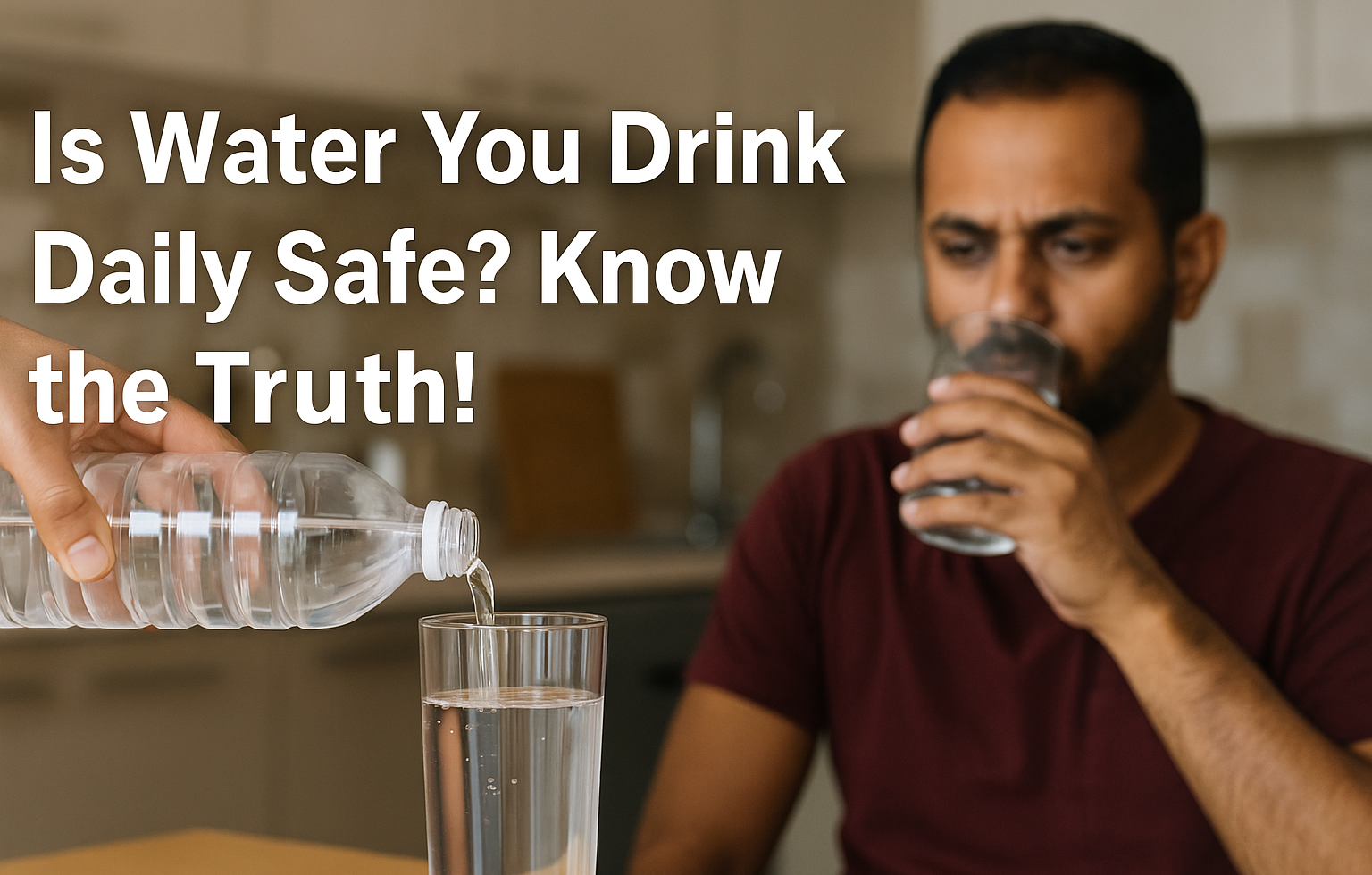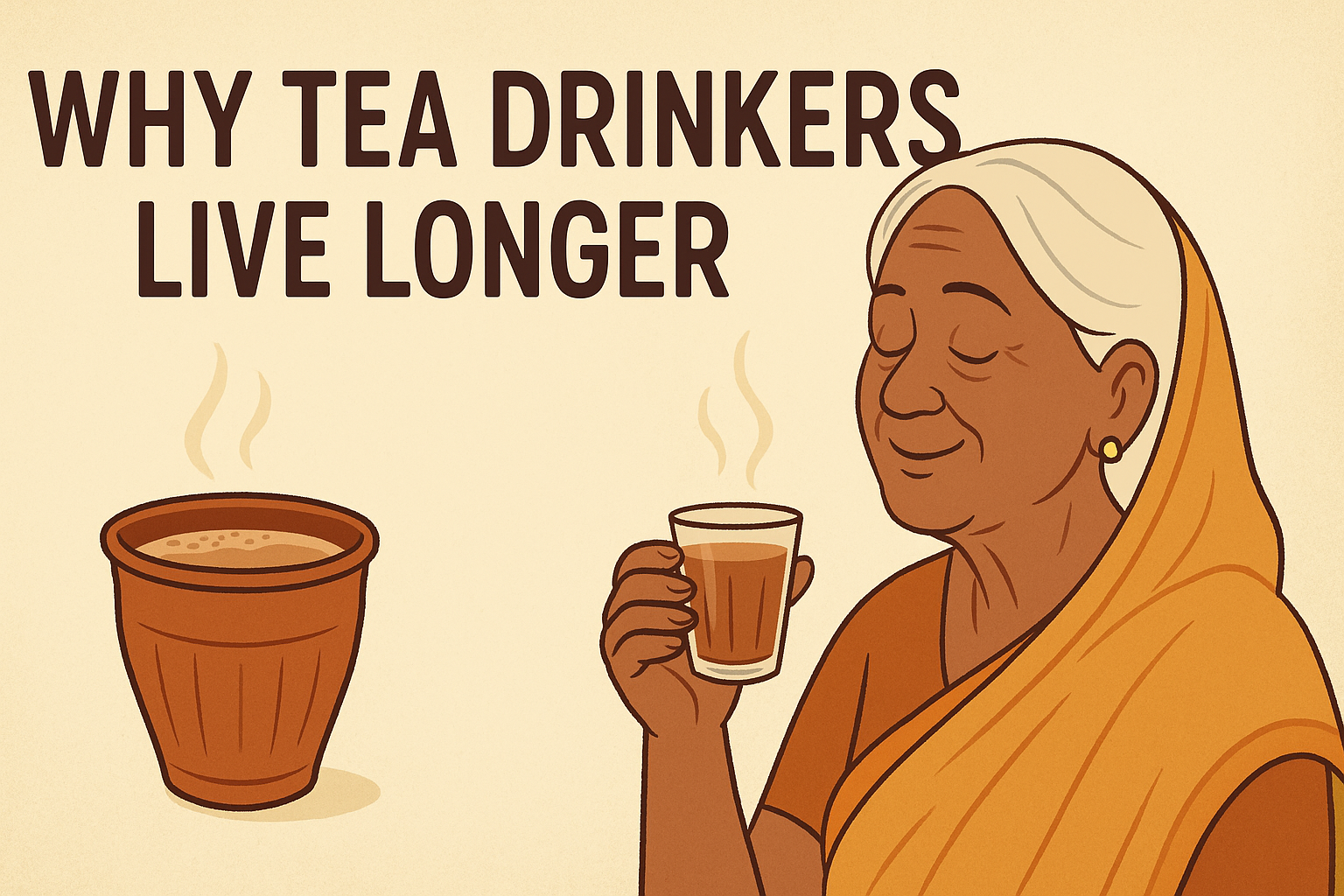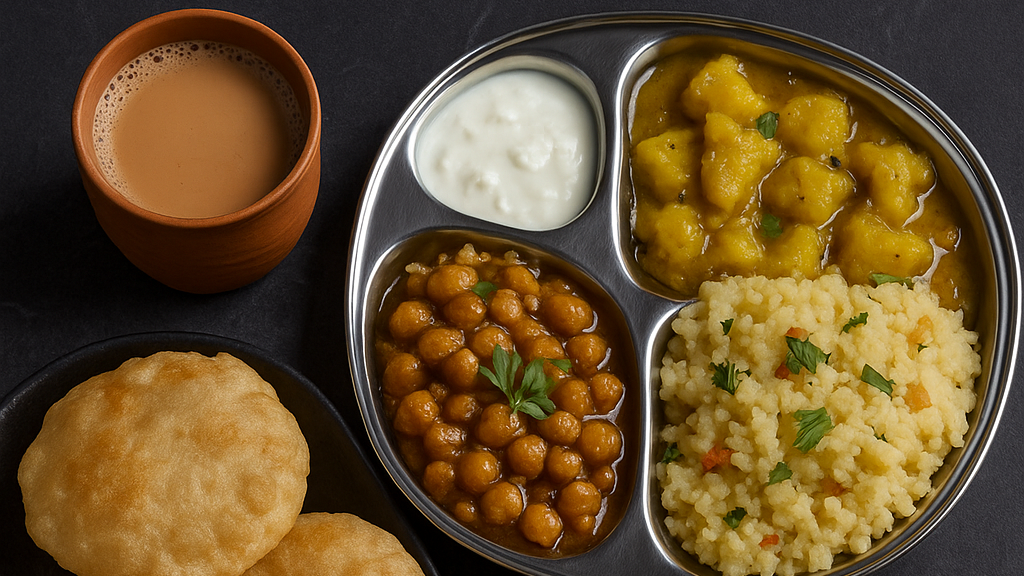“I just boil my water and drink.” “I use a filter—so I’m safe.” “I buy bottled water.” Sound like you? Millions of Indians don’t drink tap water directly—they take precautions. But here’s the catch: even these common habits don’t always guarantee safe water.
From Delhi offices to Kerala homes, water safety is a daily concern. Let’s break down what’s really going on, and how you can protect yourself better.
Boiling Water—Is It Enough?
Boiling water kills germs, that’s true. But it doesn’t remove chemical pollutants like arsenic, fluoride, or heavy metals that can sneak into groundwater or pipes. In many parts of India, these contaminants are a hidden danger, causing health problems over time.
Also, boiled water stored carelessly can get re-contaminated if containers aren’t clean.
Water Filters—Which Ones Actually Work?
Filters are popular in India—and that’s a good thing. But not all filters are made equal:
- Basic carbon filters remove bad taste and smell, but don’t remove arsenic, fluoride, or microbes.
- RO (Reverse Osmosis) purifiers are more effective, especially in areas with chemical contamination.
- UV purifiers kill bacteria and viruses but don’t remove chemicals.
- Many homes use a combination of RO+UV+UF for the safest water.
The problem? Filters need regular maintenance. Without timely cleaning or cartridge replacement, filters can become breeding grounds for bacteria.
Bottled Water—Safe or Just Convenient?
Bottled water is the go-to choice in many Indian cities, but it’s not always foolproof:
- Some brands do not follow Bureau of Indian Standards (BIS) safety rules.
- Bottles kept in heat or sunlight can release harmful chemicals into the water.
- Scientists have found microplastics in popular bottled water brands.
- Plastic waste from bottles adds to India’s growing pollution problem.
So, while bottled water feels safe, it’s important to choose trusted brands and store bottles carefully.
Rural India: A Bigger Challenge
In many villages, boiling water or filters aren’t affordable or available. People rely on wells, handpumps, or rivers.
But groundwater often contains high levels of arsenic, fluoride, and nitrates, which boiling or simple filtering won’t fix.
Here, government programs are working on installing community RO plants and piped water supply, but progress is slow.
Practical Tips for Safe Drinking Water in India
Here’s what you can do at home to stay safe:
- Use BIS-certified RO+UV purifiers if your water is chemically contaminated.
- Boil water if you suspect bacterial contamination, but store it in clean, covered containers.
- Clean your water storage tanks monthly.
- Buy bottled water only from trusted brands, and avoid bottles kept in hot places.
- Regularly maintain and clean your water purifier.
- Check with your local water supplier or municipality for water quality reports.
Why It Matters: Water Quality Affects Your Health
Poor water quality can cause stomach infections, kidney problems, and long-term diseases like cancer due to chemical exposure.
Kids and older adults are especially at risk.
In India, investing in good water safety habits means investing in your family’s health.
Final Thought: Don’t Compromise on Water Safety
Water is sacred in India—but safe water is even more important. Whether you boil, filter, or buy bottled water, make sure you do it right.
Safe water is your best defense for a healthy life. After all, in India, we respect our water—let’s respect it by keeping it safe.
LATEST NEWS
- Premalu 2: What We Know About the Sequel So Far
Premalu 2 fans can finally breathe a sigh of relief. Malayalam filmmaker Girish AD has officially confirmed that Premalu 2, the much-awaited sequel to the […]
- Samantha Caught With Raj Again – It’s Official?
Samantha has reignited dating rumours after posting a series of intimate photos featuring filmmaker Raj Nidimoru during her recent visit to the United States for […]
- Lucky Bhaskar 2: Powerful Sequel Confirmed by Venky Atluri
In a recent media interaction, Venky Atluri confirms sequel plans for his critically acclaimed film, Lucky Bhaskar, officially setting the stage for Lucky Bhaskar 2. […]
- Mysaa: The Powerful Meaning Behind the Title
Rashmika Mandanna has taken the spotlight with a striking transformation in her upcoming action drama Mysaa. The first-look poster reveals her in blood-smeared tribal attire, […]
- War 2 Movie Shocker: Fans Deeply Disappointed
War 2 movie, one of India’s most awaited spy thrillers, has sparked widespread chatter—not for a new trailer or song, but for its surprising promotional […]




